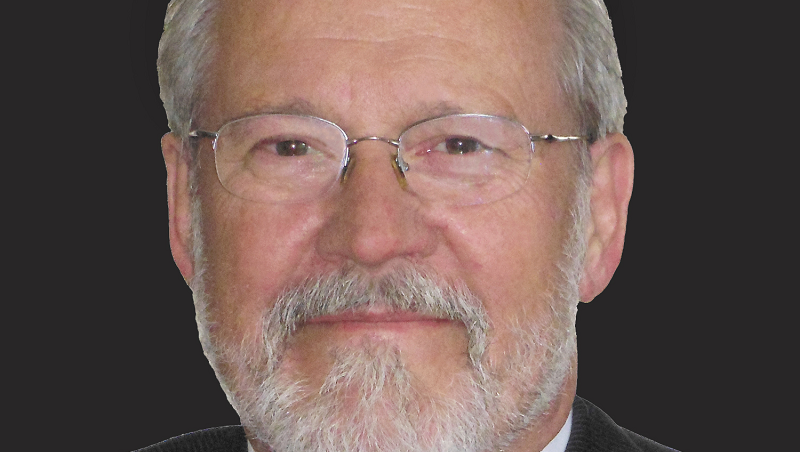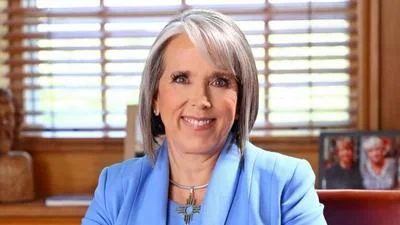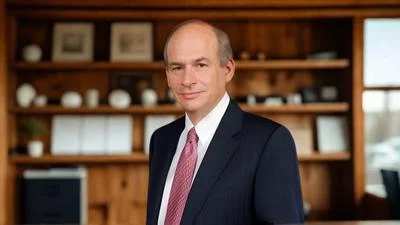There was a time when the millions of huddled masses yearning to breathe free were grateful for the opportunity to make the long ocean voyage to the shores of the New World. Their willingness to jettison - or at least subordinate - their old national identities in exchange for a new American one seemed an exceptionally fair trade. To start fresh, absent ethnic or religious conflicts or tribalism was a powerful lure and reinforced the notion that duplicating bias and prejudice from an old environment is never a good solution in a new one.
While newcomers did initially band together by old 'tribes' in order to survive the first few years in their adopted country, they soon discovered that more tribalism was not a cure for tribalism. Embracing a common language and working alongside each other with a set of shared values, immigrants became convinced that dropping their 'hyphens' for true equality under a Constitution that protected everyone's religions and cultural differences was a great bargain.
That Constitutional protection gave newly-minted Americans a choice: remain with your 'own kind' or join with others who valued personal choice over the traditional stereotypes they left behind in the 'old world.' The American choice liberated them from their dependence on the old ways and enabled them to pursue their ambitions as one people. The importance of that choice cannot be minimized for it established the bold, new, non-tribal American tribe whose values and virtues were both universal and translatable across the broad spectrum of cultural and ethnic differences.
Were there second-class citizens? Yes. Were there groups that desperately clung to their old traditional ways and prejudices? Yes. Were they the majority? No. And while it took a civil war and the deaths of 600,000 Americans in the 1860s to free slaves from bondage in order to make good on the promise of equality to all Americans, it did happen. As a result, Black Americans could choose to adopt and adapt to the country's non-tribal ways or be holdouts, living in a society within a society. Understandably, because of generations of subjugation and abuse they remained skeptical. They chose (or the system chose for them) to stay together, separate from White America and live among themselves for generations, uncertain that the promise of equality could be or would ever be, kept.
In the 20th century, up until today, the face of American immigration was changing. It was taking on the religious and tribal nuances of immigrants from Asia, the Indian sub-continent and Latin America. Here, in New Mexico, we saw and continue to see the majority of our immigrants come from impoverished countries or failed states like Mexico, Honduras, Guatemala and El Salvador, presumably because of a shared language and a higher comfort factor due to the relative cultural similarity with our Hispanic population.
Some new immigrants are also skeptical about whether the American dream translates well for them. Islam and a rapidly growing secularism are in occasional conflict with the Judeo-Christian mores that have been the cornerstone of our strength and progress for two centuries. Should America embrace a new tribalism? Is the identity politics movement the only possible way to focus the spotlight on what some minority groups see as discrimination? These are open questions.
Whether we like it or not, tribalism is on the rise, and instead of an e pluribus Unum ("out of many one") country we are experiencing the opposite which is taking America on a U-turn away from values homogeneity. This path is dangerous because it is a departure from the founders' vision to build a strong, resilient society through national unity. We will never find true strength by concentrating on our differences, and we should never substitute equality with equity or identity politics. Neither should we replace a power structure that relies on a Constitution for its law-making with a plebiscite-based democracy comprised of constantly competing special interests. Our Civil War happened six generations ago and the prospect of experiencing another one is unthinkable and frightening, but there are lessons to be learned, and one of them is not to tribalize ourselves.
Stephan Helgesen is a retired career U.S. diplomat who lived and worked in 30 countries for 25 years during the Reagan, G.H.W. Bush, Clinton, and G.W. Bush Administrations. He is the author of twelve books, six of which are on American politics and has written over 1,200 articles on politics, economics and social trends. He operates a political news story aggregator website, www.projectpushback.com. He can be reached at: stephan@stephanhelgesen.com.







